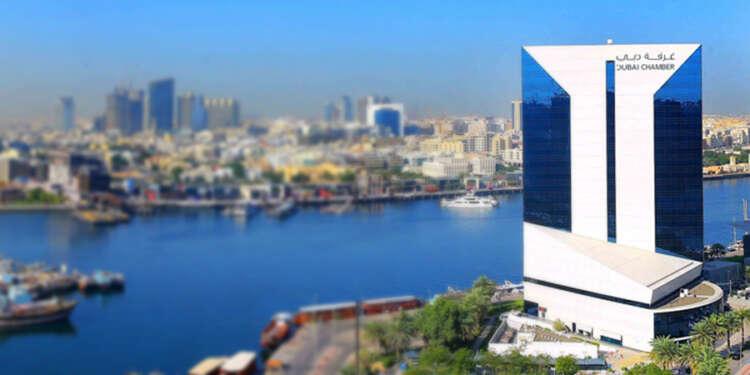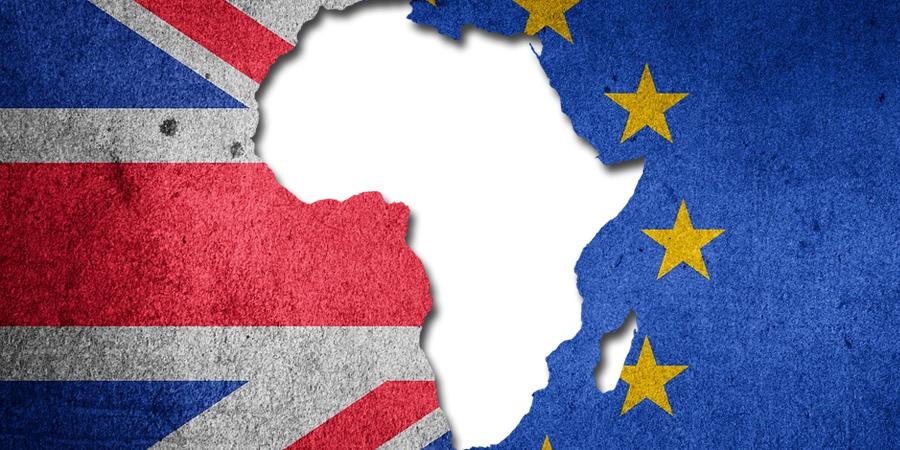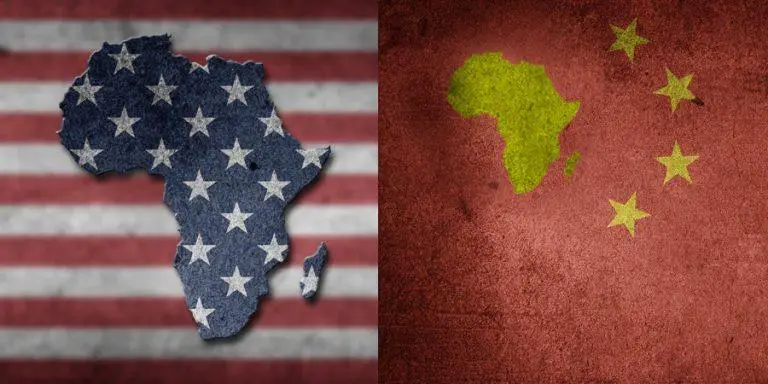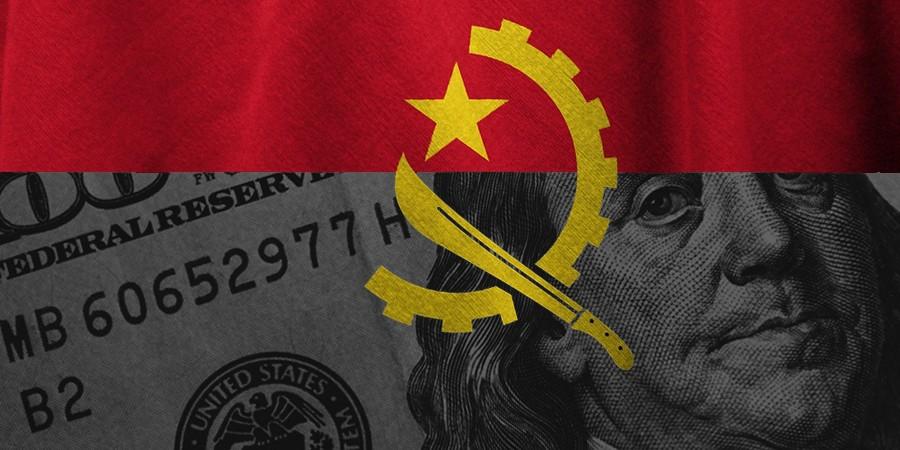- Africa’s Green Economy Summit 2026 readies pipeline of investment-ready green ventures
- East Africa banks on youth-led innovation to transform food systems sector
- The Washington Accords and Rwanda DRC Peace Deal
- Binance Junior, a crypto savings account targeting children and teens debuts in Africa
- African Union Agenda 2063 and the Conflicts Threatening “The Africa We Want”
- New HIV prevention drug is out — can ravaged African nations afford to miss it?
- From banking to supply chains, here’s how blockchain is powering lives across Africa
- Modern railways system sparks fresh drive in Tanzania’s economic ambitions
Author: furtherafrica.com
FurtherAfrica is an online platform centralising news and content on the development and growth story of Africa. Content Syndication is done in partnership with The Exchange. The platform focuses on Southern Africa with an interest in economic growth, investment opportunities, financials and everything else in between.
The largest global free trade area by countries is poised to transform Africa’s economic prospects and it could not have come at a more interesting time. For reasons I won’t get into in this article, the world has witnessed a tremendous rise in populism, protectionism and nationalism. Popular choices in key economies have shifted the status quo bringing into question well-established political and economic powerhouses. With the arrival of the pandemic, trust in governments across the world has diminished and weak leaders in developed economies have found theirselves exposed. In my view, these elements ironically created a perfect storm for…
For the past few years, the thoughts of BREXIT have been a constant part of my thoughts. As we approach the deadline, I have been looking closer into its aftermath and the consequences for Southern Africa. I’ve acknowledged before and I will mention again the fact that the actions taken by the UK regarding Africa have been truly remarkable. The enormous effort that the government has and still is undertaking, in order to keep the UK a strong and competitive trade player in the continent are nothing short of extraordinary and we are already beginning to see results. In a much-anticipated virtual visit…
The Dubai Chamber International Office Mozambique, in partnership with Angola-UAE Chamber of Commerce and Industry and AIPEX (Angolan Private Investment and Export Promotion Agency) will host a free webinar on November 26 called “Expand your Business to Angola”. The event aims to promote a better understanding of the Angolan market and support the expansion of UAE companies internationally by discussing its newest regulations, incentives, perspectives and the business and investment opportunities thatabound in Angola. The webinar will include welcome remarks, a panel discussion, and an open Q&A session with the audience with a total duration of 1h.30m. The highlight will go to the…
Zimbabwe has one of the most diverse mining sectors I have ever come across. The country’s soil is rich in elements such as platinum, coal, iron ore, gold, diamonds and most recently the prospect of oil and gas. Despite its complex economic challenges, mining, along with agriculture, has been a key pillar supporting the country’s GDP. The sector is responsible for around 60% of Zimbabwe’s export earnings and remains as one of the main sources for the much welcome foreign currency inflow. FurtherAfrica spoke to the Hon. Winston Chitando, Zimbabwe’s Minister of Mines and Mining Development for an open conversation…
On October 12th, Law no. 35/20 – the Free Trade Zones Law (“FTZL”) – was passed. The FTZL has established benefits to be conceded to investors by the Angolan Government, aiming at attracting foreign investment in Angola thus creating economic growth. All types of investment are permitted in the Free Zones, specifically investment in agriculture, industry (that use Angolan raw materials and are focused on exportation) and technology. Specific aspects pertaining the access to Free Zones (such as monetary requirements, number of jobs created, investments in fixed assets) shall be determined in the investment contract. Access to the Free Zones is…
BREXIT trade impacts in Southern Africa If everything goes according to plan (and that’s a big statement), January 1st shall see the departure of the United Kingdom from the European Union, its single market and customs agreements. As much as I would like to, it is becoming increasingly hard to believe that the parties will conclude a trade deal in time for the official divorce date. I am sceptical of a “hard” BREXIT as I believe that some sort of policy extension will remain in place for quite some time; anything else would be economic madness and given the current…
TLG Capital (TLG) today announced it has purchased 49% of Opportunity Bank Uganda Ltd (OBUL), a tier 1 financial institution (commercial bank) with 23 branches and 22 ATM points across Uganda. OBUL is licensed and regulated by the Central Bank of Uganda and offers tailor made products and services for individuals, micro-businesses, and small-and-medium sized enterprises (SMEs). The bank was originally a micro-finance institution founded in 1995. The transaction makes TLG the largest shareholder of OBUL. Remaining shareholders (all NGOs) include Opportunity International Group (43%), Faulu Uganda (7%), and Food for the Hungry (1%). TLG’s investment was made via its…
In recent history virtually every continent and economic block has been trying to establish common trade area agreements as well as political unions. Africa is no different –SADC, ECA, COMESA, ECOWAS and SACU are just some of the examples of African countries trying to collaborate to drive the many aspects of social and economic development. It is a system and an idea that promises to accelerate inclusion and promote regional prosperity among neighbours and the AfCFTA (The African Continental Free Trade Area) is rapidly becoming the embodiment of that reality – 28 African countries operating as a free trade area.…
In the past 5 years, Southern Africa had seen a great influx of Chinese capital in any areas of investment. Many Chinese companies invested large amounts of capital in various sectors including infrastructure, but the one that seems to be getting the most attention lately is the Oil and Gas sector. Governments would sign multi year contracts granting exploration rights and concessions to oil and natural gas reserves to Chinese companies and negotiate royalties and equity in exchange. The system worked as a co-ownership that was observed in various countries for the great part of the last decade. Since late…
Since its creation, the Luanda-Bengo Economic Exclusive Zone (EEZ) has been a factor encouraging investment, not only in the region but also in the Angolan economy. Its economic evolution has been felt over the last few years, in the flourishing of several innovative projects within this project, much due to the commitment and promotion that the Government has made. One of the paradigmatic examples of this commitment is the privatization plan that has been carried out over the last few months, in order to allow for greater competitiveness in the EEZ and an increase in the investment of national and…














